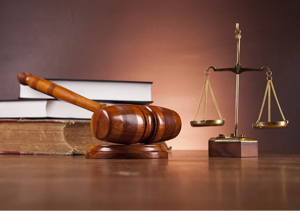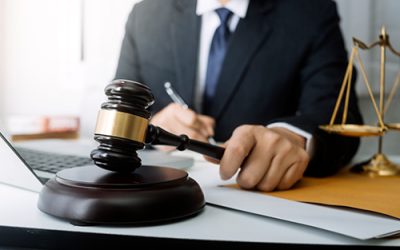With seven-hour deposition sessions being mandated by California and federal courts, greater competence is necessary for thoroughness. It is also important that all aspects of the trial testimony are covered. Moreover, to ensure efficiency, preparation and the right approach are as important as quick questioning.
Get the Right Venue and the Right People In
The first thing to keep in mind is that depositions only work when the participating people are in a comfortable environment. You should make sure you schedule the deposition at a location where the deponent would be comfortable. It is also important that you carefully select who else, apart from the deponent, his attorney, and your firm members, attend the deposition. The presence of some people can have a positive or negative impact on the deponent.
Selection and Arrangement of Exhibits
The success of a deposition depends on what’s done long before it even begins – selecting your exhibits and keeping them ready. This can help avoid last minute document sifting, which result in inefficiency. Exhibits are marked at the deposition for confirming authenticity, clarifying some detail mentioned in the document, or refreshing witness reflection. Usually the deposition attorney would have the information needed for determining the documents that must come under the categories of:
- Authenticity confirmation, and
- Detail clarification
You must pull, copy and place the documents in the basic order in which you would reference them in the deposition process.
Marking the exhibits before the deposition is not a good practice since the stamps may have to be removed or renumbered if the pre-marked exhibits are not being actually used.
Keep Irrelevant Documents Out of the Way
During the deposition you may need a refresher document which may not be available. In that case, it would be better to move on to the next set of questions and search and locate the refresher document during a break. It is important to not get distracted with unrelated or irrelevant documents during the deposition. Staying focused will promote efficiency and the smooth and fast progress of the session.
New Documents Presented by Witnesses
Witnesses produce new documents during the deposition, which the attorney would not have a clear idea about. In such cases, the attorney should proceed with the questioning and review the new documents at break time. While receiving the documents, the attorney should ask the witness to explain what the documents are. The attorney should then review the documents during the break and proceed with the questioning only after that.
The Questioning Process
While depositions usually begin with the background questions about the witness, sometimes there may be more important or relevant incidents in the person’s life that may have a bearing on the case. It is better to start with those questions and then move to the background details, especially when time is limited.
Deponents could be legal or other experts. In case you need the expert to retrieve the document they are relying on and find that this could take some time, make sure that the document or detail is important enough to justify the delay.
Arguing Over Objections
The deponent’s attorney could object to certain questions and ask the witness not to answer them. This must be accepted by the attorney conducting the deposition though in some cases, he can make a note of his disagreement. However, arguing over objections does not usually provide any benefits. One of the hallmarks of a successful deposition is not arguing with the defense attorney. However, you can rephrase the question and make it sound less objectionable.
These factors could ensure things the deposition proceeds smoothly. This is indeed a vital cog in the grand scheme of winning the lawsuit.




